Zuma bemoans racism, white capital
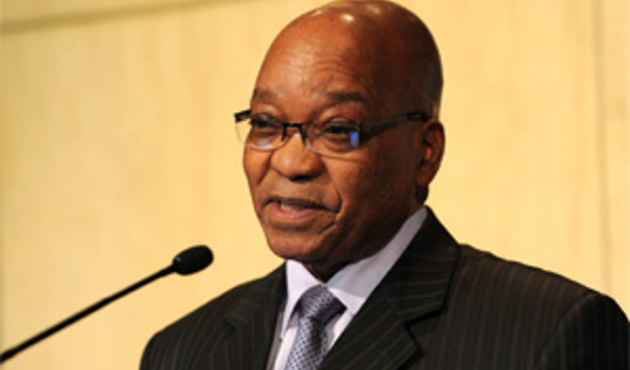
 DURBAN. — South Africa still has a long way to go to end racism, President Jacob Zuma said at a Human Rights Day event yesterday. “The apartheid damage was deep. There is still a long way to go before we can say we have successfully reversed the impact of institutionalised racism in our country or removed prejudice amongst those who subscribe to the notion of white supremacy,” he told thousands of people at Moses Mabhida Stadium in Durban.
DURBAN. — South Africa still has a long way to go to end racism, President Jacob Zuma said at a Human Rights Day event yesterday. “The apartheid damage was deep. There is still a long way to go before we can say we have successfully reversed the impact of institutionalised racism in our country or removed prejudice amongst those who subscribe to the notion of white supremacy,” he told thousands of people at Moses Mabhida Stadium in Durban.
The event, held under the theme “South Africans United Against Racism”, was intended commemorate the apartheid police’s killing of 69 people protesting against apartheid pass laws in Sharpeville on March 21, 1960.
Before he spoke, Basic Education Minister Angie Motshekga and Correctional Services Minister Michael Masutha lit a candle. A moment of silence was observed for those killed on that day.
President Zuma called for racism to be fought in the workplace, in education, health, the administration of justice, government services, and in the private sector.
“We must openly and consciously discuss notions of white supremacy and how it manifests itself. When such views are held by people in positions of power, they undermine the nation’s efforts to achieve an equal and non-racial society.”
The crowd, mostly wearing ANC T-shirts, erupted and cheered when President Zuma walked into the stadium flanked by about 30 bodyguards. When he waved the crowd chanted his name and waved back.
He said the economy was still primarily owned and managed by a white minority, but that there was legislation in place which intended to reverse this.
Pesident Zuma thanked black people who suffered under apartheid for forgiving and allowing a peaceful transition to democracy. Despite being treated as lesser beings and denied basic human rights, they extended a hand of friendship and agreed on the need to build a united, reconciled, and non-racial society.
He thanked the “white freedom fighters” who joined the struggle for liberation.
South Africans needed to eliminate the view that reconciliation was a one-way process where the black majority extend a hand of friendship, with little reciprocation from whites, he said. — News24.




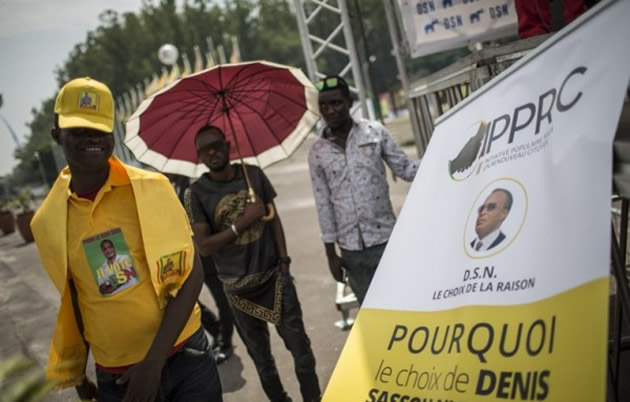
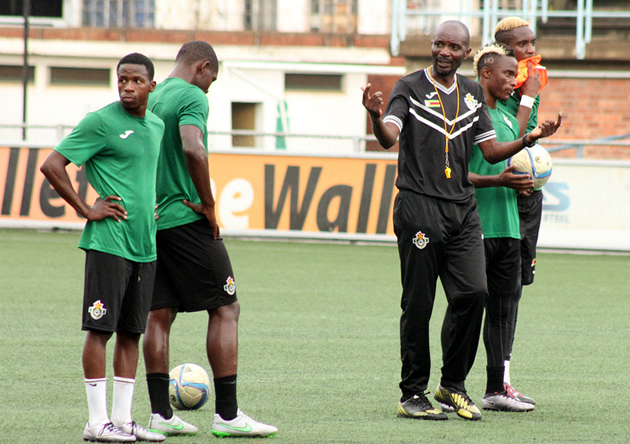
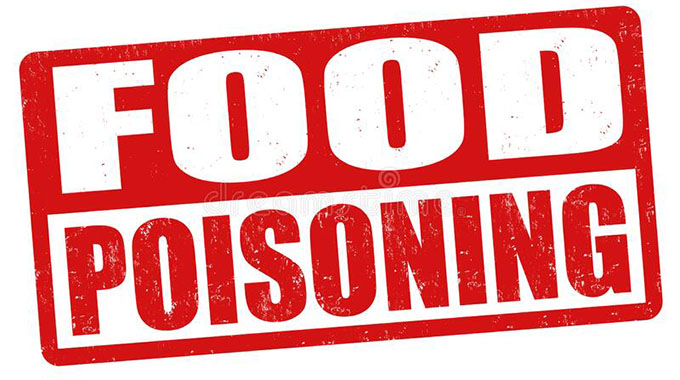

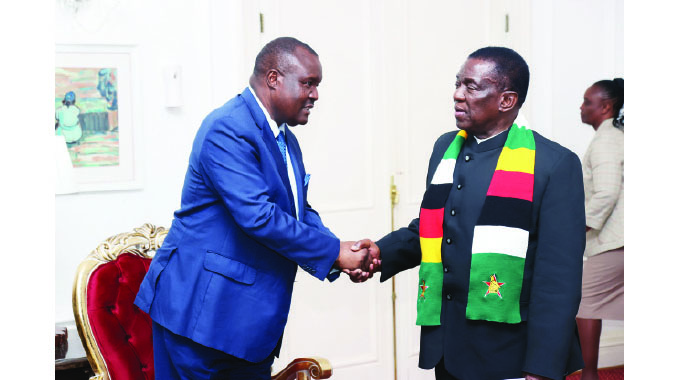

Comments